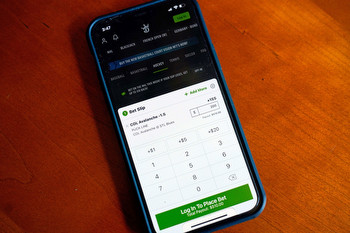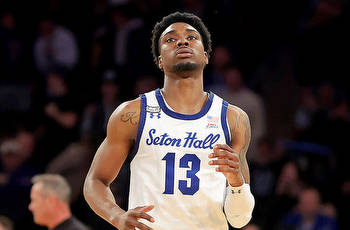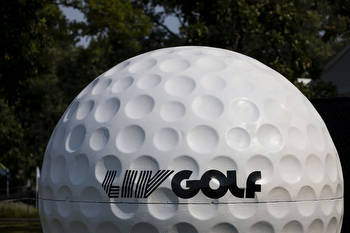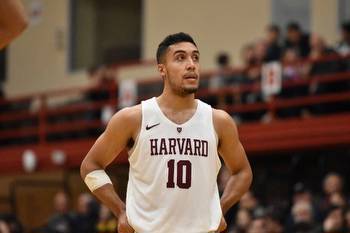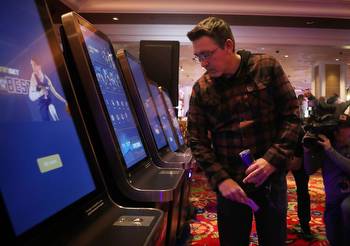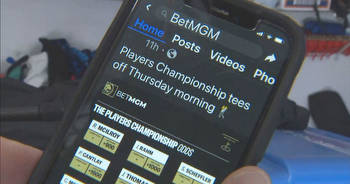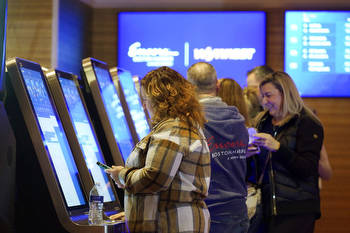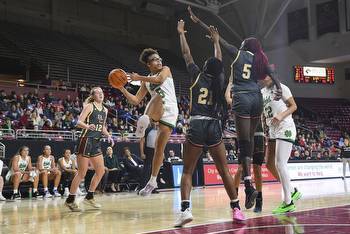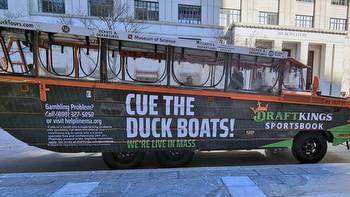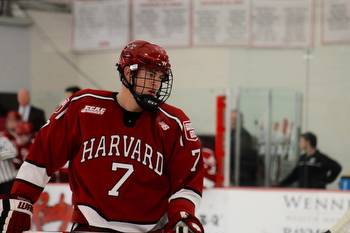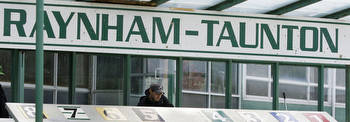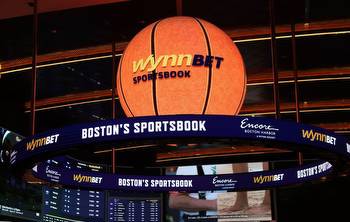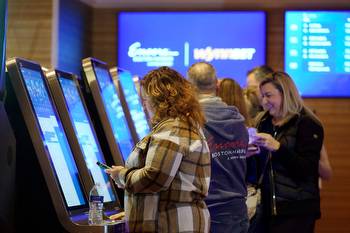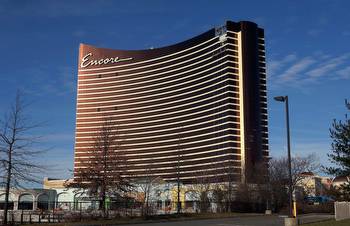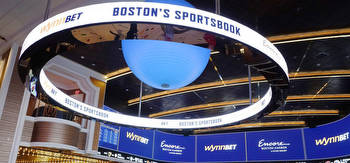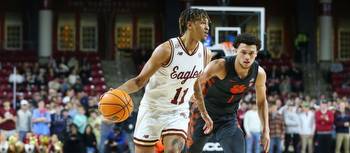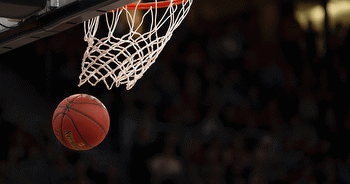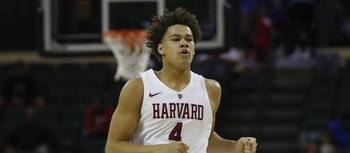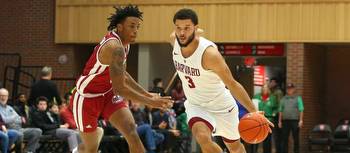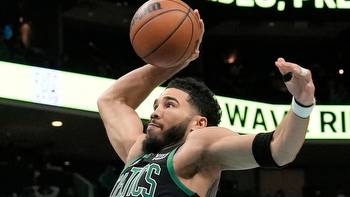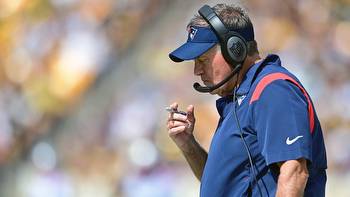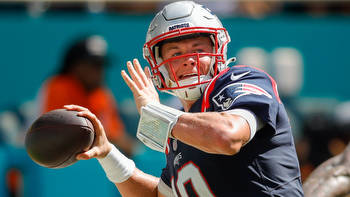College Wagering Rules Challenge Massachusetts Operators
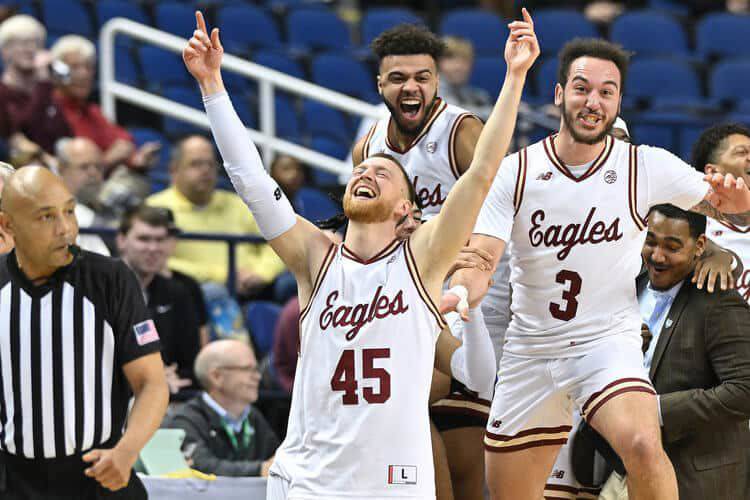
Mobile sports betting launches in Massachusetts this week, with seven platforms expected to start taking bets at 10 a.m. Friday.
The mobile sportsbooks will enable state residents to wager legally on the Boston Celtics, Bruins, Red Sox, New England Patriots, and more from their phones or computers. Just in time for March Madness, digital betting will be available through Barstool Sportsbook, BetMGM, Betr, Caesars Sportsbook, DraftKings, FanDuel, and WynnBET.
While Massachusetts isn’t exactly known for elite-level college basketball, a unique regulation makes postseason tournaments one of the few times each year Massachusetts customers can wager on in-state college teams. The Massachusetts Gaming Commission prohibits wagering on in-state college teams during the regular season, but it’s allowed when a program is playing in a tournament with four or more teams.
That means wagering on in-state teams during conference tournaments and the NCAA Tournament is allowed. Fans can bet on Boston College’s basketball team if it’s alive in the ACC tournament or UMass Lowell when it plays Saturday morning for the America East championship.
While Merrimack won the NEC, it isn’t eligible for the NCAA Tournament — or any other postseason tournament — due to the NCAA’s transition rules, which means bets can’t be placed on Merrimack in Massachusetts until next year’s postseason. The same is true for UMass and other men’s basketball programs that are done for the season after disappointing years.
Given the lack of basketball success of in-state college teams, some Massachusetts bettors might be more interested in UConn’s NCAA Tournament prospects than anything going on within the state.
Massachusetts residents might also be more interested in betting on in-state programs when the men’s Frozen Four rolls around in the coming weeks, as Boston University is ranked No. 5 nationally and Harvard is No. 6. Northeastern is ranked 15th and Boston College is receiving votes, giving the state four of the better college hockey programs in the country. Northeastern (No. 5) and Boston College (No. 15) also have ranked women’s hockey teams.
Betting lines could even be offered on future Beanpot Tournaments, a beloved hockey tournament involving Boston College, Boston University, Harvard, and Northeastern. Both the men’s and women’s teams of those four colleges compete in Beanpot Tournaments annually.
The unique in-state college wagering rule gives bettors a taste of wagering on in-state college teams, but it also poses a challenge for operators.
Plainridge Park amends its process
Massachusetts launched retail sports betting at the end of January, and a few operators immediately had issues when it came to allowing bets on in-state college teams.
Sportsbooks at Encore Boston Harbor (WynnBET) and Plainridge Park Casino (Barstool Sportsbook) self-reported errors that allowed wagering on a pair of in-state teams. At Plainridge Park, an error by Kambi’s staff entered Merrimack College as a Florida-based university, and wagers on one of its games were available for seven hours at the Barstool Sportsbook there in February.
A spokesperson for Plainridge Park Casino told Sports Handle that it altered its processes after the Merrimack issue to ensure betting markets on in-state teams are only offered during tournament settings.
At all three retail casinos, the list of available betting markets are being more carefully scrutinized to avoid future errors. These efforts are in addition to third-party suppliers like Kambi also adding another layer of review to each market.
“We have a manager that opens the book [of markets] every morning, and they go through school by school, and make sure none of [the Massachusetts] schools are in the markets we offer,” the spokesperson from Plainridge Park explained. “That’s probably a 20-30 minute process. Normally, markets don’t get posted until the day of, or the day before, so we are doing a secondary check after the fact.”
The Plainridge Park staff previously did random checks to see if any disallowed betting options were mistakenly available to customers. The process became more thorough after the Merrimack College mishap.
“We had already had our managers pick one market we know we should not be taking bets on, and see if it’s there,” the representative said. “So, that process was there, but we weren’t reviewing every market.”
Other casinos also had to adjust
MGM Springfield (BetMGM) experienced a similar issue, accepting over $1,000 worth of wagers on Harvard men’s basketball games in February. Harvard was incorrectly listed in its system as a Connecticut university.
“Harvard has been properly characterized as a Massachusetts college now, and in addition, BetMGM has reviewed and verified that all Massachusetts collegiate sports are properly restricted,” MGC Senior Enforcement Counsel Kathleen Kramer said at a recent commission meeting.
BetMGM also implemented a daily audit to ensure illegal wagers weren’t available.
At Encore, moneyline wagers were mistakenly available to customers for a Boston College women’s basketball game for a few hours on Feb. 2 at the WynnBET sportsbook. The error stemmed from supplier GAN failing to place a block on the game.
Increased checks on which betting markets were being offered each day were implemented to ensure the error would not reoccur.
“WynnBET will conduct twice daily audits in both the morning and the evening of the [Massachusetts] collegiate sports offerings to confirm that no [Massachusetts] regular season games” will be offered, Heather Hall, the MGC’s chief enforcement counsel and assistant director, said at a Feb. 14 meeting.
When digital wagering goes live Friday, all seven operators will have to be as diligent as their brick-and-mortar counterparts in order to manage conference championship and postseason tournament betting. Each Massachusetts college basketball team — men’s and women’s — will need to be made “active” if it is playing in a conference tournament, and then “inactive” once the tournament ends. If any advance to postseason play, those teams will need to be turned “active” again.
How this is managed may be slightly different than in the brick-and-mortar situation.
“There are automated systems in place to prohibit restricted wagers based on geolocation, wager type, and on an individual basis,” a digital operator industry source shared.
Does the rule make sense?
The rule puts a burden on mobile and retail operators to thoroughly check what bets are available to Massachusetts customers. It’s not as easy as blocking all in-state college wagers, as the tournament games need to be allowed.
The primary logic behind the rule preventing most wagers on in-state college teams is to protect collegiate athletes from foul play.
In the late 1970s, the Boston College men’s basketball team was involved in a point-shaving scandal. Multiple players conspired with organized crime figures to try to win and lose games by a certain number of points. The players received financial compensation for their cooperation.
Even with that example in mind, one industry source doesn’t believe the rule works as intended. Advocates for legal sports betting say it increases integrity measures, helping weed out potential foul play without the need for specific rules designed to protect in-state teams. And by banning certain wagers, it could inadvertently encourage bettors to use illegal, unregulated platforms.
“With regards to keeping college athletes safe, that’s a great concept to have in mind, but this regulation isn’t doing that,” an industry source at a Massachusetts retail casino told Sports Handle. “The BC point-shaving scandal wouldn’t have happened in a regulated market. I understand the impetus behind the rule, but it doesn’t work.”
Regardless of the rule’s value, sportsbooks plan to be extra cautious with the in-state college regulation moving forward.
“I’ve made it clear that compliance comes first,” the source said. “I’d rather us be cautious and not offer a market than offer something we are unclear about. At this time, I am going to be checking every day until kingdom come. In a scenario where we don’t have control over this, we’d rather be cautious.”

